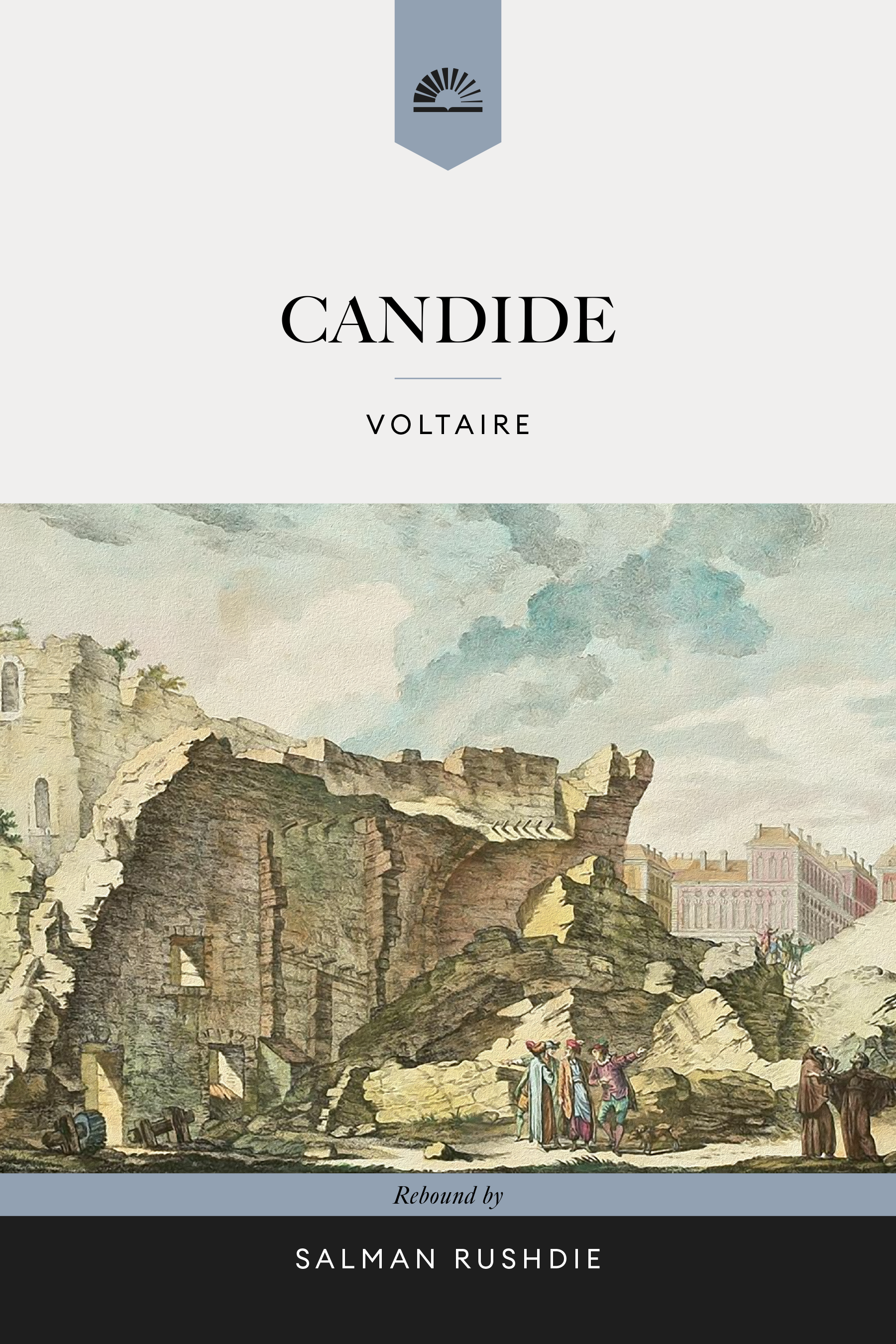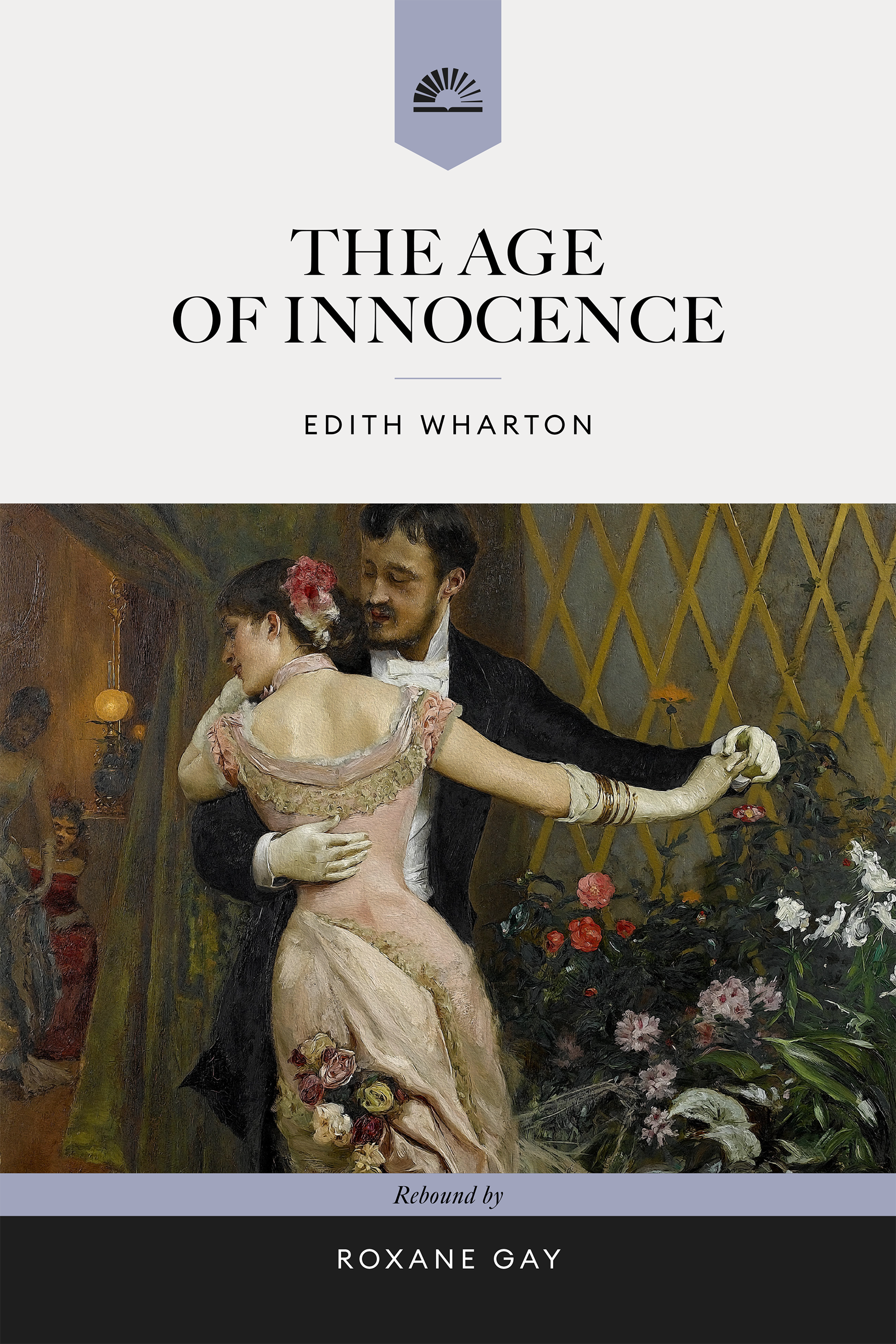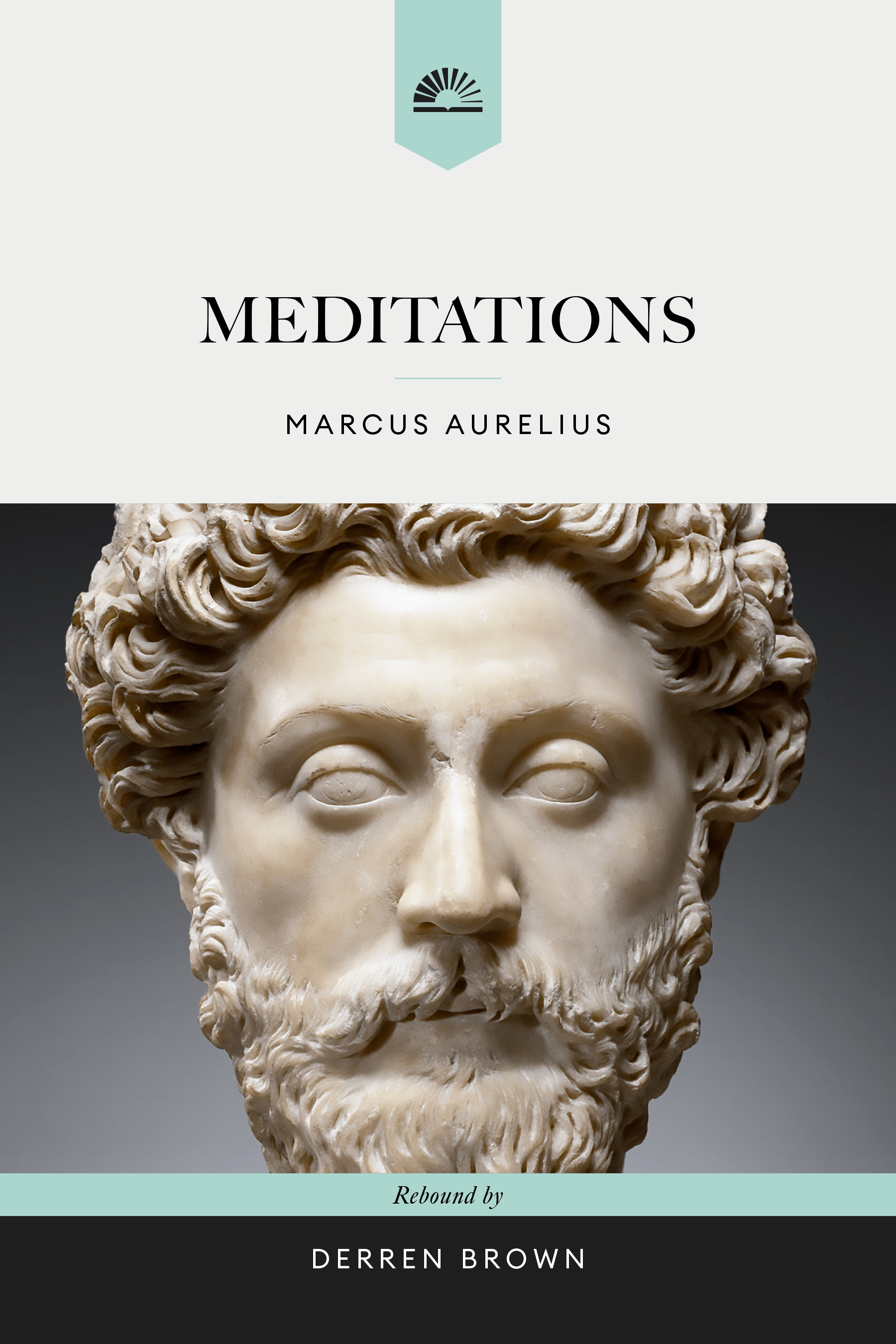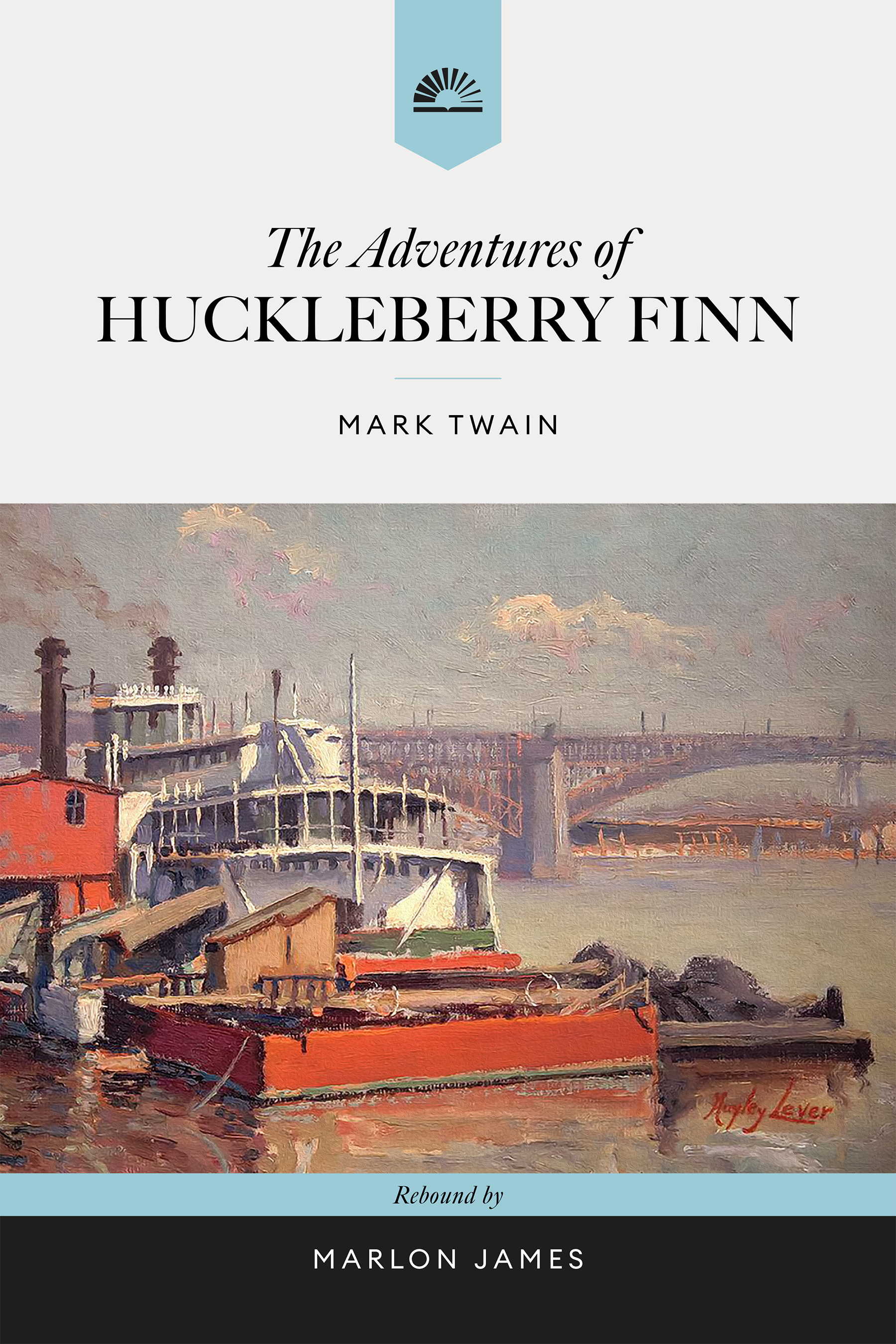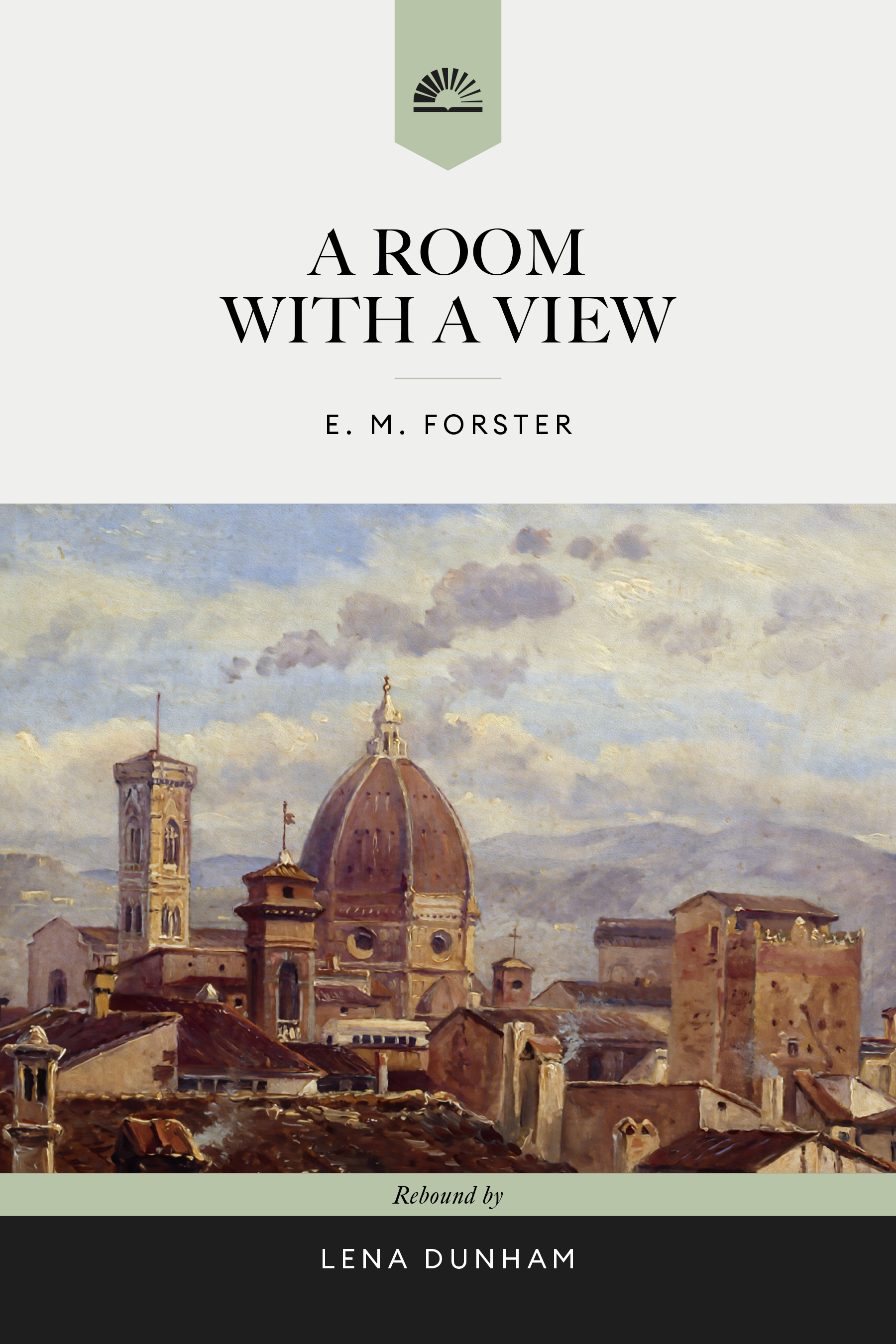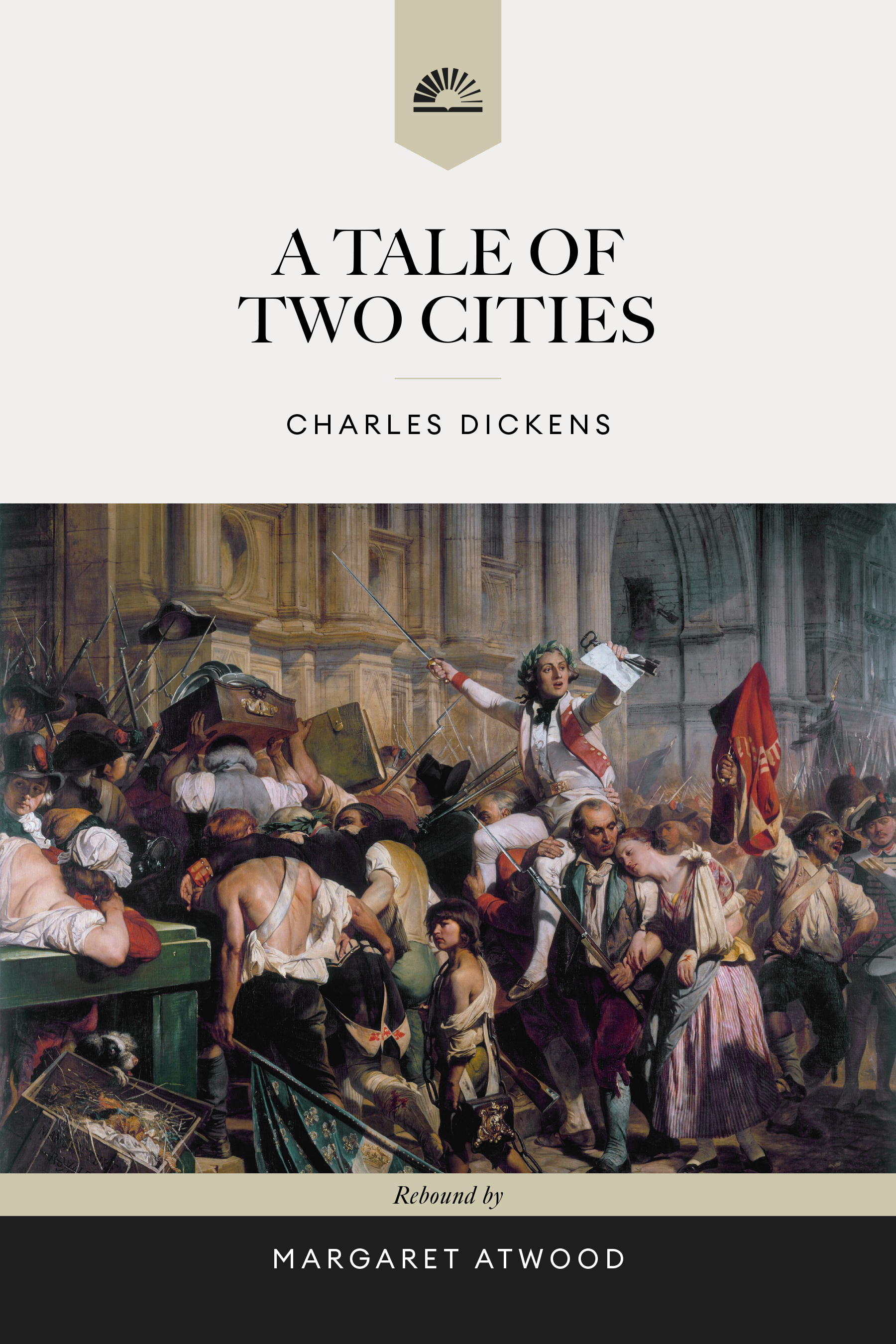In this timeless tale of misadventure and philosophical awakening, Voltaire’s hero Candide travels the world, experiencing increasingly absurd catastrophes while clinging to his mentor’s philosophy that “all is for the best.” Through war, shipwrecks, earthquakes, and the Spanish Inquisition, Candide’s optimism is repeatedly challenged, leading to a conclusion that still resonates today. This satirical masterpiece combines adventure, romance, and philosophy while skewering religious fanaticism, political corruption, and blind optimism. Written with razor-sharp wit and breakneck pacing, Candide remains startlingly relevant in its criticism of human nature and institutions, while never losing its sense of humor or entertainment value.
Voltaire (1694-1778) was the pen name of François-Marie Arouet, a leading figure of the French Enlightenment. His advocacy for civil liberties, freedom of religion, and free trade made him both celebrated and persecuted during his lifetime. Educated by Jesuits, he became a prolific writer across multiple genres, including plays, poems, novels, essays, and historical works. His wit and criticism of established institutions led to multiple exiles from Paris and imprisonment in the Bastille. Despite persecution, he became one of Europe's most famous and influential philosophers, corresponding with monarchs and intellectuals across the continent. His works helped shape the American and French revolutions, and his advocacy for social reform continues to influence modern thought.
Sir Salman Rushdie is one of the most celebrated authors of our time—of any time. A brilliant provocateur, he’s penned a handful of classic novels, influenced a generation of writers, and received a Queen’s Knighthood for his “services to literature.” He stands as both a pop culture icon and one of the most thought-provoking proponents for free speech today. His latest novel, Quichotte, was included in TIME’s list of 100 Must-Read Books of 2019, and was shortlisted finalist for the 2019 Booker Prize. For his masterwork of magic realism, Midnight’s Children, he won the prestigious Booker Prize, and later, the Best of the Booker. His novel The Satanic Verses led to death threats and a fatwa, forcing him into hiding for years. An eclectic writer and noted public intellectual, Rushdie has won many of the world’s top literary prizes, published a heralded collection of essays, Step Across the Line, and served for two years as president of The PEN American Center, the world’s oldest human rights organization.


